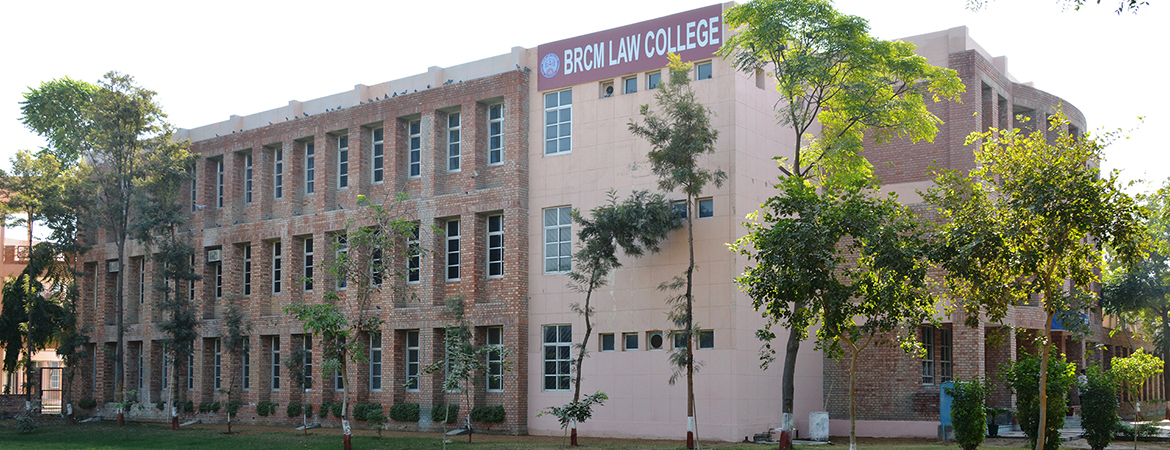
An Architect of Indian Constitution
Dr. Bhimrao Ramji Ambedkar (14 April 1891 – 6 December 1956), popularly known as Baba Saheb, was an Indian jurist, economist, politician and social reformer who inspired the Dalit Buddhist Movement and campaigned against social discrimination against Untouchables (Dalits), while also supporting the rights of women and labour. He was Independent India’s first law minister, the principal architect of the Constitution of India and a founding father of the Republic of India.
Ambedkar was a prolific student, earning doctorates in economics from both Columbia University and the London School of Economics, and gained a reputation as a scholar for his research in law, economics and political science. In his early career he was an economist, professor, and lawyer. His later life was marked by his political activities; he became involved in campaigning and negotiations for India’s independence, publishing journals, advocating political rights and social freedom for Dalits, and contributing significantly to the establishment of the state of India. In 1956 he converted to Buddhism, initiating mass conversions of Dalits. Upon India’s independence on 15 August 1947, the new Congress-led government invited Ambedkar to serve as the nation’s first Law Minister, which he accepted. On 29 August, he was appointed Chairman of the Constitution Drafting Committee, and was appointed by the Assembly to write India’s new Constitution.
Indian Constitution drafted by Ambedkar is described as ‘first and foremost a social document’ which was presented before the nation in 1948 which structured the legal system of Independent India. It is considered as longest written Constitution of any sovereign country in the world, containing 448 articles in 25 parts, 12 schedules, 5 appendices and 103 amendments ( out of 125 Constitution Amendment Bills). The Constitution was adopted on 26 November 1949 by the Constituent Assembly and came into effect on 26th January 1950. In 1990, the Bharat Ratna, India’s highest civilian award, was posthumously conferred upon Dr. B.R. Ambedkar.
Ambedkar’s legacy as a socio-political reformer had a deep effect on modern India. In post-Independence India, his socio-political thought is respected across the political spectrum. His initiatives have influenced various spheres of life and transformed the way India today looks at socio-economic policies, education and affirmative action through socio-economic and legal incentives.
Since 1948, Ambedkar suffered from diabetes. He was bed-ridden from June to October in 1954 due to medication side-effects and poor eyesight. He had been increasingly embittered by political issues, which took a toll on his health. His health worsened during 1955. Three days after completing his final manuscript ‘The Buddha and His Dhamma”, Ambedkar died in his sleep on 6 December 1956 at his home in Delhi.

